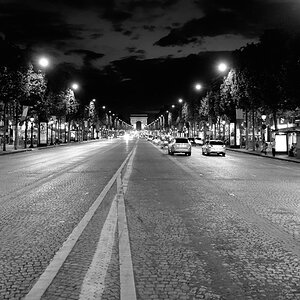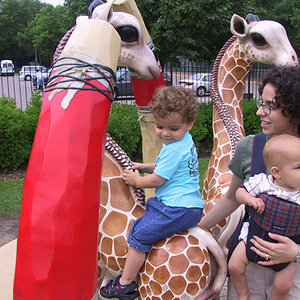joshuatdlr
TPF Noob!
- Joined
- Nov 29, 2016
- Messages
- 12
- Reaction score
- 1
- Location
- Cambridge, England
- Can others edit my Photos
- Photos NOT OK to edit
I've been practicing shooting the stars, but they don't turn out as good as I wish they would. Any tips on how to do better long exposures? I shoot on a crop sensor if that has any impact on my results. I would eventually like to do time lapses of the galaxy.


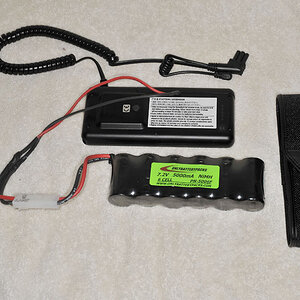
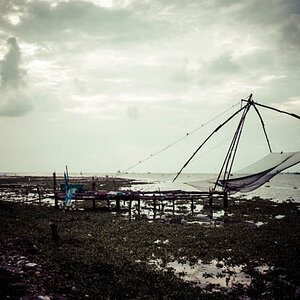
![[No title]](/data/xfmg/thumbnail/42/42451-9e2e4f1caad4c45d0c61e2a856140c36.jpg?1619740190)
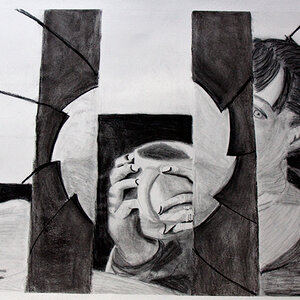
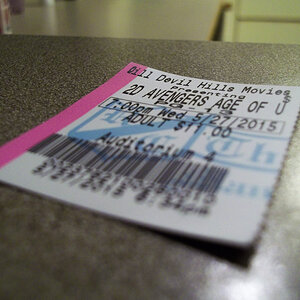
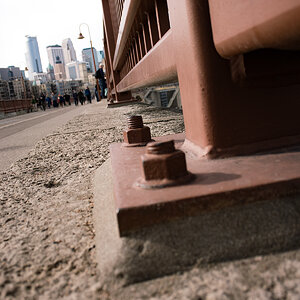
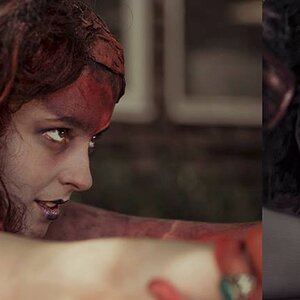

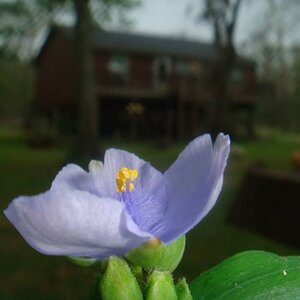
![[No title]](/data/xfmg/thumbnail/42/42452-e36799eaff36dca02ffc57ce660e5e20.jpg?1619740190)
